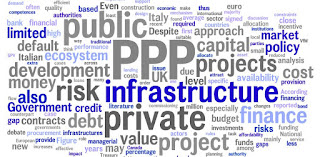The African Petroleum Producers’ Organisation (APPO) - establish an African Energy (Fossil Fuel) Bank

(Photo: Extinction Rebellion Cape Town/Twitter) The last COP in Dubai concluded with the global stocktaking text that included a tripling of renewable energy and a doubling of energy efficiency improvements globally by 2030. It also included an unprecedented commitment to “transition away from fossil fuels”. Meanwhile, this week the African Petroleum Producers’ Organisation (APPO), an association of African petroleum-producing countries, announced Nigeria would host the newly created Africa Energy Bank (AEB). This bank has been set up to support the development of fossil fuel projects in Africa. It has an initial share capital of $5bn and it says it will fund not only fossil fuel expansion but also renewable energy. APPO has a strong partnership with OPEC which will support its efforts to expand Africa’s oil and gas. In Sharm El Shiekh at COP27 (2022) several African Civil Society organizations including Oilwatch Africa, Stop EACOP, Africa Coal Network and Urgewald released ...

